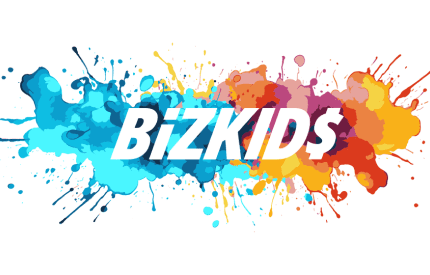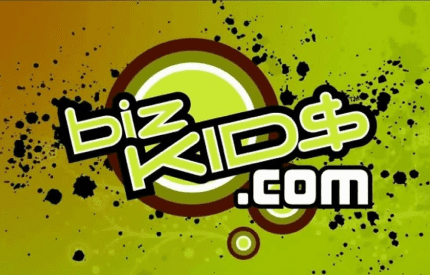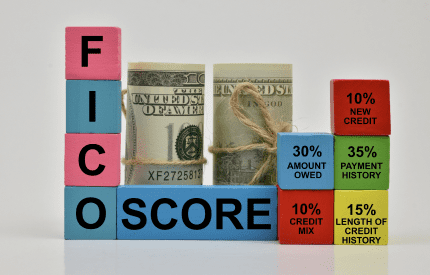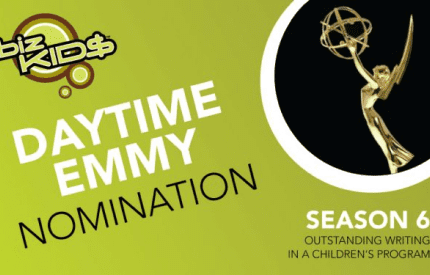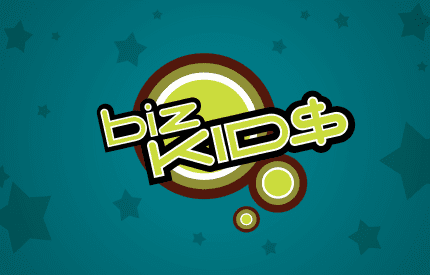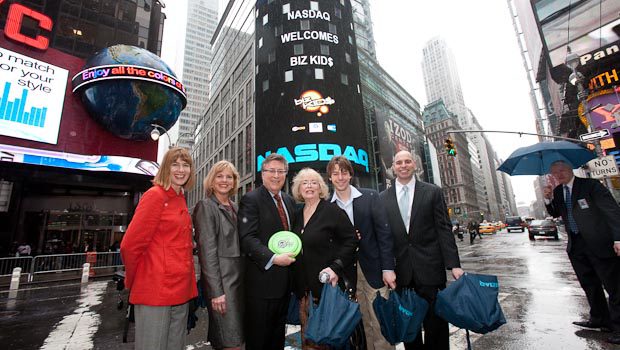
Biz Kid of the Month: Leanna Archer
Leanna Archer started her personal care products company at the age of 9 using a family recipe and now fills hundreds of orders a week through her Web site,http://www.leannashair.com. She recently launched a forum for young entrepreneurs, http://www.teenceo.us.
Tell us a little about your business.
My family had a hair dressing recipe that was passed down for generations. My mom used it on me since I was three. People would stop and ask me questions about my hair, so I got the idea to start a business selling it.
I understand your first marketing project was convincing your parents that you were serious.
They thought it was just a phase, so I started giving people samples. When people came back to me asking to buy $20 or $30 worth, my parents realized I was serious.
Once you had the product, how did you figure out the price?
I put together the cost of the ingredients and added enough to pay ourselves for the work we put into the products. Some products take a lot longer to make, so I charge more for those.
What do you do for promotion?
Word of mouth is number one. For recurring customers, I recognize the name when we pack boxes, so I put in some fliers so they can tell their friends. And I started a kid representative program, where kids can sell the products door-to-door with the help of their parents. At holidays, we do gift baskets that are less expensive than buying the products individually.
Do you sell products in stores?
Mostly through the Internet, but I always stop by beauty salons and give them samples and if I’m lucky they will carry the products.
You’re featured in a lot of magazine articles and you also speak at events. Does that translate into additional sales?
Yes, the day an article comes out, I always get pages and pages of orders.
What do you think is the most important aspect of marketing?
Product. You have to know your product so that when customers ask questions, you can answer them in ways that are persuasive. I help my customers understand how to get the most benefit from using my products, so they come back for more.
What do you like best about having your own business?
I love bonding with my family as we make the products. We put on music and have a great time!
***
Find your target audience
Before you do anything marketing-wise, you need to consider to whom you’re selling. If you have a dog-walking business, where are you going to find your target audience? You might post ads in pet stores and pet-friendly apartment buildings. And think about what they are likely to want–for example, some people might be attracted by a lower price, while others want extra services. If you can, do some research–talk with some prospective customers yourself!
Product: What are you selling?
Product is the first P because it’s the foundation of everything else. What are you selling, exactly? Does it stand out from the crowd? Check out your competition and see if there are areas where you can do better. Or, if your product is truly unique, congratulations–now all you have to do is convince people that they need it!
Price: How much does it cost?
If you charge too much, nobody will buy. If you charge too little, you won’t make a profit. Figure out the lowest price you can charge and still make a profit, and then work up from there. Also remember that people judge quality by price. If you charge to little for something, even if you are still making a profit, people may think of it as low-quality. Sometimes, charging more actually creates demand
Promotion: How do people find out about it?
This is what most people think of as “marketing.” It’s the business of getting the word out. Even in the age of the Internet, the most powerful marketing is word of mouth.
- Ask your satisfied customers to give you referrals to their friends.
- Ask friends and family to recommend your product to people they know.
- Use Web sites, like the online classified section of your local paper
- Post fliers on bulletin boards at grocery stores, community centers, and parks
- Start an e-mail newsletter like this one! You can use a service like Emma, Constant Contact or Mail Chimp, or you can just do it on your own.
Place: Where can people get it?
Whether you’re offering a product or a service, people need to know where to buy it. Are you going to sell online? Will you build a Web site, like Leanna Archer did, or sell through one that’s already built, such as Ebay or Etsy? Will others sell for you? If you have a service, how do people get hold of you? Once you’ve figured out the fourth P, you’ll be on your way to Marketing Mastery!
***
Fast Fact
Blendtec makes fancy blenders. To show off their products–and get thousands of Web visitors–they started the outrageous viral video series, “Will it Blend?”. iPods, glow sticks, golf balls–they all get blended. See the videos here:http://www.willitblend.com
***

